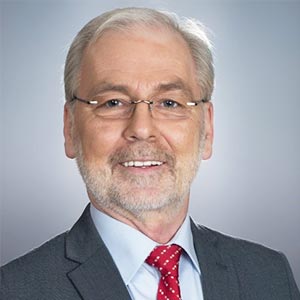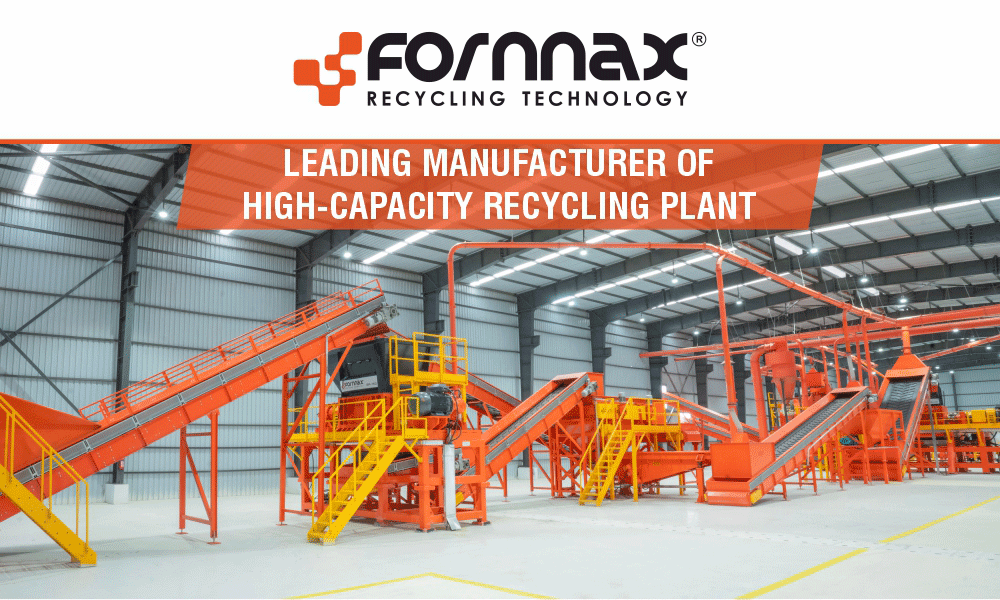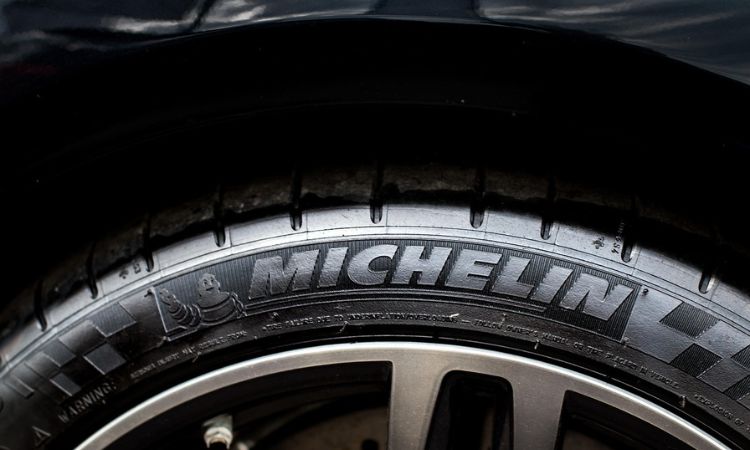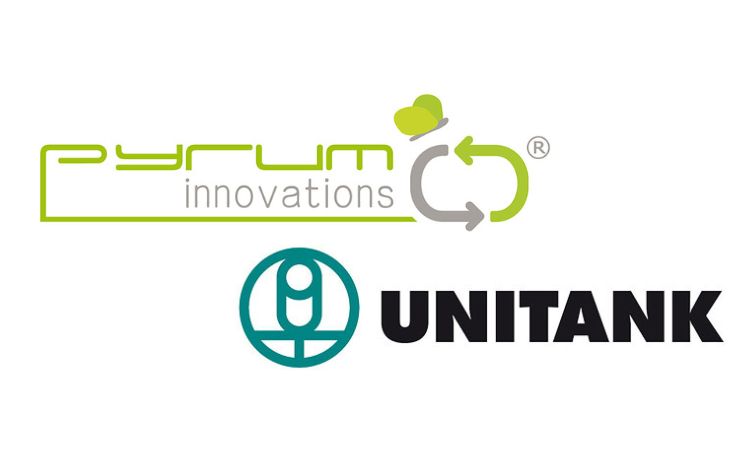Weibold Academy: Global REACH-like chemical regulations
Weibold Academy article series discusses periodically the practical developments and scientific research findings in the end-of-life tire (ELT) recycling and pyrolysis industry.

These articles are reviews by Claus Lamer – the senior pyrolysis consultant at Weibold. The reviews aim to give industry entrepreneurs, project initiators, investors, and the public a better insight into a rapidly growing circular economy. At the same time, this article series should stimulate discussion.
For completeness, we would like to emphasize that these articles are no legal advice from Weibold or the author. Please refer to the responsible authorities and specialist lawyers for legally binding statements.
Introduction
The European Union’s REACH Regulation (EC 1907/2006) has long set the benchmark for chemicals legislation worldwide. Since entering into force in 2007, REACH has reshaped how industries produce, import, and use chemical substances. Its philosophy is straightforward but demanding: “no data, no market.” Companies must generate safety data and register any substance manufactured or imported in quantities of one ton or more per year. While waste itself is exempt, once a waste-derived product—such as pyrolysis oil, recovered carbon black (rCB), or syngas—achieves end-of-waste status, it is treated as a chemical substance and falls within REACH obligations.
Today, countries around the globe are increasingly adopting similar frameworks, reflecting a convergence toward REACH principles, though with distinct regional variations. For advanced recycling industries, such as end-of-life tire (ELT) pyrolysis, understanding these evolving frameworks is crucial to ensuring compliance and market access.
Europe and Eurasia: REACH and its Immediate Followers
European Union (EU REACH)
EU REACH remains the gold standard. ELT pyrolysis operators in Europe must register their outputs unless they can demonstrate that the substance is chemically identical to a previously registered one and that they hold the required data (Article 2(7)(d) exemption). In practice, most pyrolysis oils, being UVCB (Unknown or Variable Composition, Complex Reaction Products, or Biological Materials), rarely meet these strict conditions; therefore, complete registration is usually required.
United Kingdom (UK REACH)
Following Brexit, the UK replicated REACH domestically in 2021. UK REACH mirrors its EU counterpart, including the recycling exemption, meaning pyrolysis outputs generally require registration unless sameness and data access can be proven.
Turkey (KKDIK)
Turkey’s KKDIK Regulation (2017)—often referred to as Turkish REACH—is based mainly on the EU framework. Full registration obligations apply to substances with an annual production or use of≥1 ton. Recycling exemptions are theoretically possible but limited, echoing the EU’s Article 2(7)(d) provisions.
Switzerland (ChemO)
Switzerland’s Chemicals Ordinance (ChemO) aligns closely with REACH. Pyrolysis-derived substances reaching end-of-waste status fall under ChemO requirements, with only narrow exemptions available for recovered substances proven to be identical to registered ones.
Eurasian Economic Union (Eurasia REACH)
The EAEU (Russia, Belarus, Kazakhstan, Armenia, Kyrgyzstan) approved its Technical Regulation 041/2017 “On Safety of Chemical Products.” Although implementation has been repeatedly delayed, it is expected to take effect around 2025–2026. Once effective, this framework will mirror REACH principles, requiring notification and the listing of chemicals in inventory. Exemptions for recyclers remain unclear until secondary legislation is finalized.
Americas: Partial Convergence and New Entrants
United States (TSCA)
The U.S. Toxic Substances Control Act (TSCA), particularly following its 2016 amendments, emphasizes risk-based reviews of new chemicals and risk evaluations of existing ones. Unlike REACH, it does not require universal registration. If a pyrolysis product is already on the TSCA Inventory, no new notification is required. If not, a Premanufacture Notice (PMN) must be filed.
Canada (CEPA)
Canada’s Canadian Environmental Protection Act (CEPA) operates on a similar inventory system. Existing substances are listed on the Domestic Substances List (DSL), while new substances require a New Substance Notification (NSN). ELT pyrolysis products not on the DSL must undergo this process.
Brazil (Law No. 15.022/2024)
Brazil’s recently adopted “Brazilian REACH” marks a significant milestone in Latin America. It establishes a National Chemical Inventory and requires the pre-registration of substances exceeding 1 ton per year. Waste is exempt, but recovered substances marketed as chemicals are not. Thus, pyrolysis oil or rCB from ELTs will fall within registration obligations unless it fits a narrow exemption.
Asia-Pacific: Rapidly Tightening Frameworks
South Korea (K-REACH)
South Korea’s K-REACH is one of the most stringent REACH analogues. It requires the registration of both existing and new substances before they enter the market. Notably, Korea amended K-REACH in 2024 to introduce a recycling exemption, allowing chemicals derived from waste to bypass duplicate registrations under strict conditions. For ELT pyrolysis operators, this represents a practical route to compliance if outputs align with existing registered substances.
China (“China REACH”)
China regulates new chemicals through the Measures on Environmental Management of New Chemical Substances. Any chemical not on the IECSC (Inventory of Existing Chemical Substances in China) must be notified. Recycled origin does not exempt a substance; pyrolysis oils or rCB not on the inventory require notification.
Japan (CSCL)
Japan’s Chemical Substances Control Law (CSCL) screens new substances for persistence and toxicity before approval. Existing substances on the ENCS (Existing and New Chemical Substances list) may be produced without notification. Novel pyrolysis products not on ENCS require pre-market screening.
Taiwan (TCCSCA)
Taiwan’s Toxic and Concerned Chemical Substances Control Act introduced a REACH-like inventory and phased registration system. Waste itself is excluded, but once processed into a marketable product, substances such as pyrolysis oil must be registered if not already listed.
Australia (AICIS)
Australia’s Industrial Chemicals Introduction Scheme (AICIS) adopts a tiered, risk-based approach. Substances not on the Australian Inventory of Industrial Chemicals (AIIC) must undergo notification or risk assessment before introduction. Recycled substances are not specifically exempt.
Emerging Systems
- India: Draft Chemicals Management and Safety Rules (CMSR) propose a REACH-like system with a national inventory. Not yet in force.
- Vietnam: New Chemicals Law (2025) effective January 2026, requiring inventory listing and registration of new substances.
- ASEAN nations: Countries like Thailand, Malaysia, and the Philippines are building national inventories and notification schemes, signaling gradual convergence.
Conclusion
The global landscape for chemical regulation is becoming increasingly aligned with the principles established by the EU’s REACH system. While each jurisdiction takes its own approach—some relying on inventories, others on risk-based approvals—the trend is unmistakable: the burden of proof is shifting to industry, and data-driven compliance is becoming the norm.
For operators in advanced recycling, and ELT pyrolysis in particular, this convergence means that products such as pyrolysis oil and recovered carbon black cannot rely on their recycled origin for exemption. Instead, they are judged and regulated as new chemical substances once they enter the market. Narrow exemptions exist, but in most cases, companies should prepare for full compliance, including registration and hazard assessment.
Looking ahead, recyclers that integrate regulatory planning into their business strategies will be better positioned to secure market access, build investor confidence, and capitalize on first-mover opportunities in emerging jurisdictions. As regulators from Brazil to Vietnam move closer to REACH principles, compliance is no longer optional—it is the gateway to global growth in advanced recycling.
If you would like to gain deeper insights into this topic, please don't hesitate to contact the author, claus@weibold.com.
Weibold is an international consulting company specializing exclusively in end-of-life tire recycling and pyrolysis. Since 1999, we have helped companies grow and build profitable businesses.









